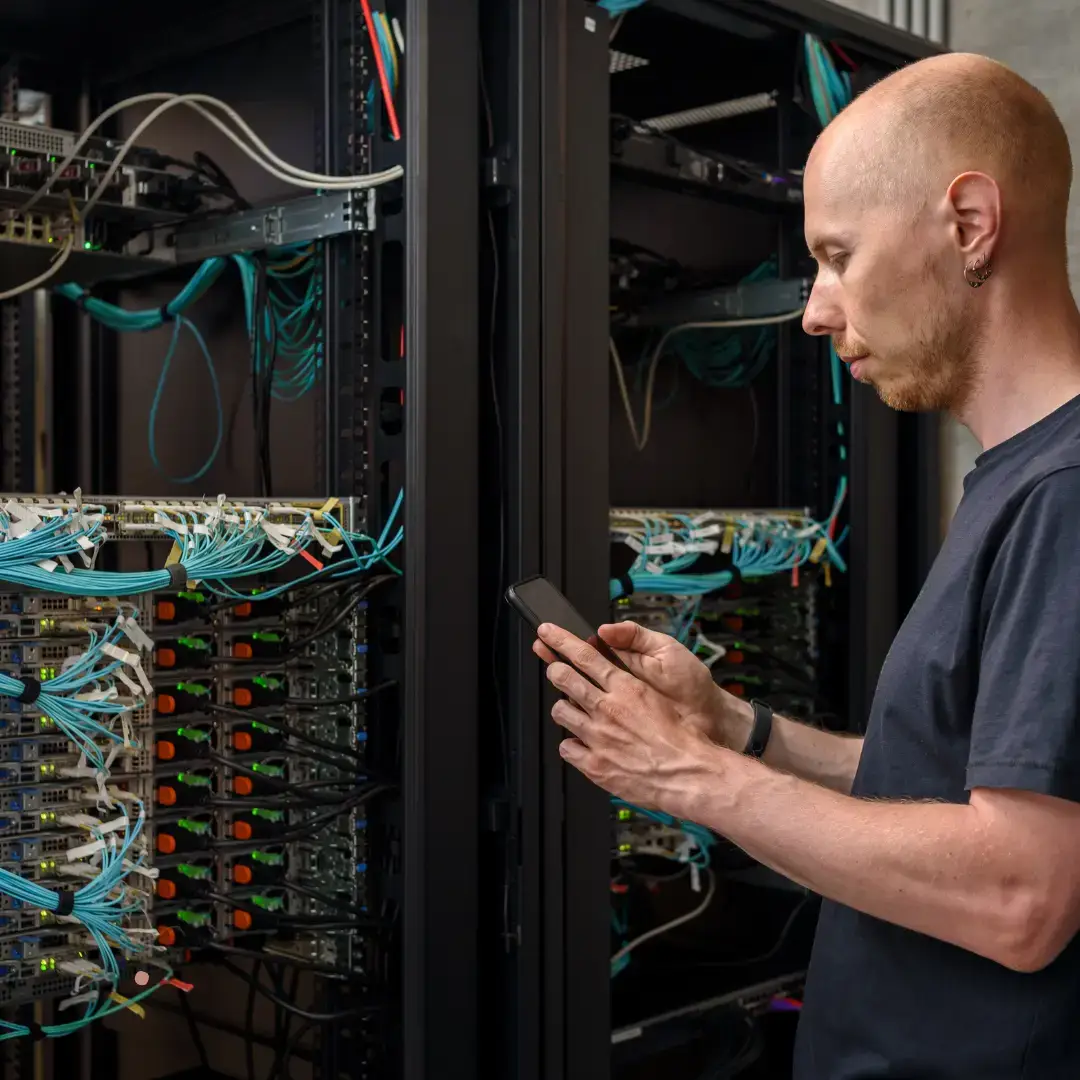With cyberthreats on the rise, protecting your company's sensitive data has never been more crucial. Cyberattacks are becoming increasingly sophisticated, targeting businesses of all sizes. One of the most effective tools for countering these threats is the firewall.
In this article, we explore the essential role of firewalls in the cyber securityhow they work and why they are essential for protect networks of your company.
1. What is a firewall?
A firewall is a digital security barrier that protects your internal network from external threats. It acts as a filter, monitoring and controlling traffic entering and leaving your network.
- It blocks unauthorized access.
- It authorizes only secure and reliable connections.
- It analyzes data to detect malicious activity.
Firewalls can be hardware (physical devices connected to your network) or software (installed on your servers or workstations).
2. Why does your company need a firewall?
2.1 Protection against cyber attacks
A firewall is your first line of defense against :
- Viruses and malware Block malware before it infects your system.
- Phishing attacks : Prevents access to fraudulent sites or malicious links.
- Intrusions Identifies and blocks hacking attempts on your network.
2.2 Securing sensitive data
Your business data, such as customer information, contracts or financial data, is precious. A firewall prevents theft or exfiltration by cybercriminals.
2.3 Regulatory compliance
Laws such as the RGPD require companies to protect the personal data they collect. Setting up a firewall helps comply with these legal obligations and avoids heavy fines.
2.4 Preventing business interruptions
Cyber attacks can lead to costly downtime, affecting employee productivity and customer satisfaction. A firewall reduces these risks by maintaining business continuity.
3. How does a firewall protect your sensitive data?
3.1 Traffic monitoring and filtering
The firewall analyzes every data packet entering or leaving your network. It applies strict security rules to :
- Block suspicious sources.
- Filter out unwanted content.
3.2 Threat detection
Thanks to advanced technologies, modern firewalls detect :
- Unusual activities.
- Attempts to circumvent protection.
3.3 Authorization management
The firewall controls access to your network resources, preventing unauthorized users from entering your systems.
4. Types of firewall for your business
4.1 Hardware firewall
- Physically connects to your network.
- Ideal for companies needing to protect multiple devices.
4.2 Software firewall
- Installs on a server or workstation.
- Recommended for small structures or individual workstations.
4.3 Cloud firewall
- Protects data stored in the cloud and remote connections.
- Perfect for companies with telecommuting teams.
5. The limits of a firewall and the importance of a global cybersecurity strategy
While a firewall is essential, it's not enough on its own to fully protect your business. It must be integrated into a broader cybersecurity strategy that includes :
- A professional antivirus.
- A automatic backup solution.
- A employee training digital best practices.
- A proactive monitoring networks.
6. Why choose Webiphi to set up your firewall?
At WebiphiWe help companies secure their networks with customized, high-performance solutions. Here's what we offer:
- Free security audit to assess your needs.
- Installation and configuration of hardware, software or cloud firewalls.
- Regular maintenance and updates for optimum protection.
- Reactive technical support to help you every step of the way.
Conclusion
A high-performance firewall is an essential component in protecting your sensitive data from cyber attacks. It acts as a shield, guaranteeing the security of your operations and the confidence of your customers.
Don't take any risks with your company's security. Contact Webiphi today to discuss the best firewall solution for your needs and strengthen your computer protection.







